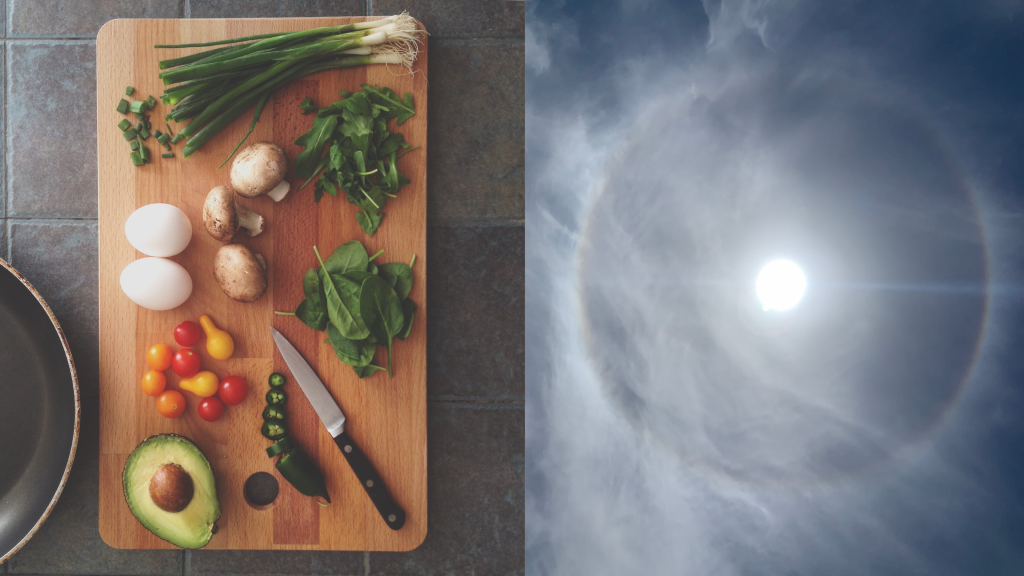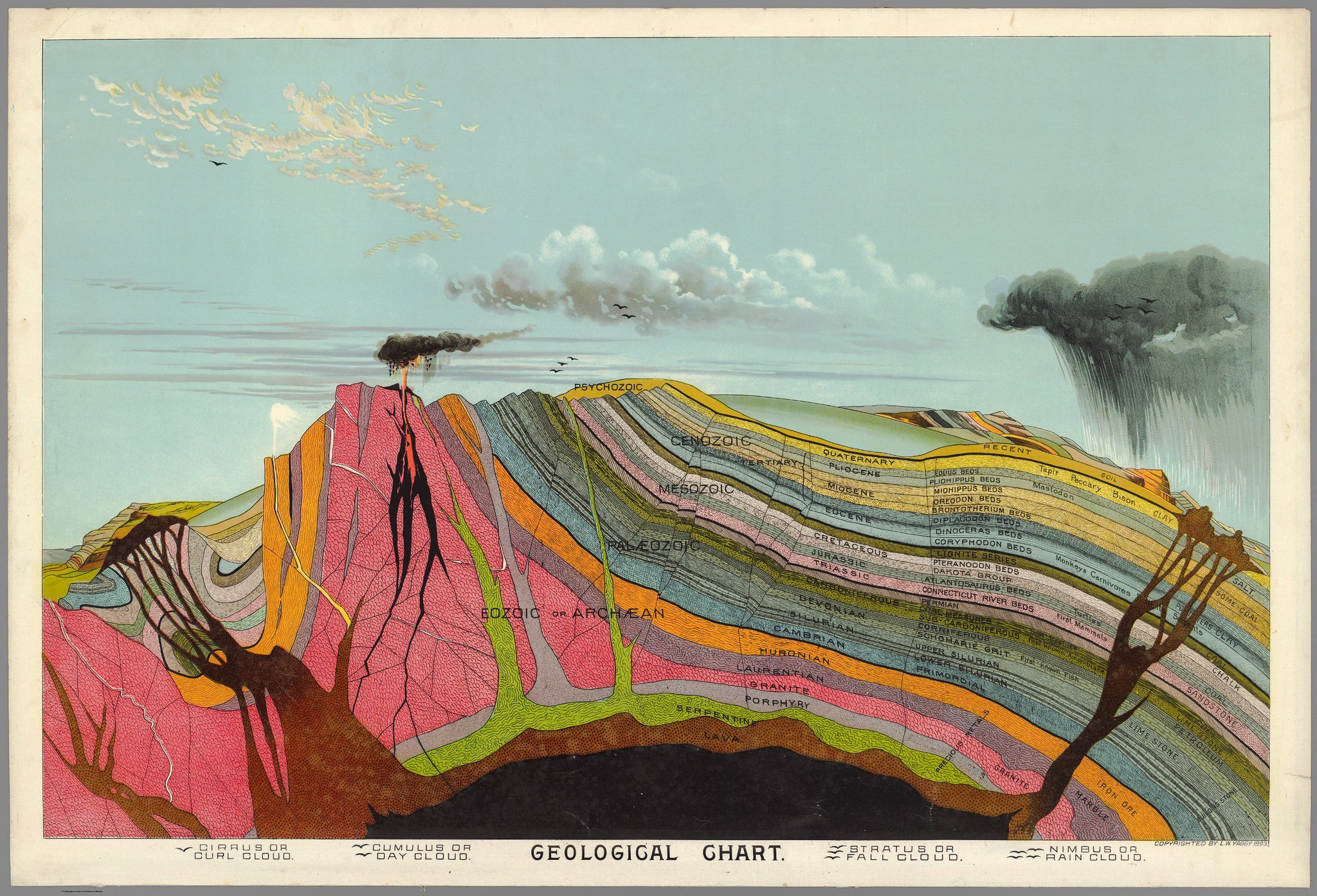Hold your thumb up to the sun.
Count to 10.
Thousands upon thousands of subatomic particles known as “neutrinos” just passed through your body.
You may have heard of the lab, deep beneath the head of the Homestake Gold Mine in South Dakota, that’s dedicated to the study of these particles – and, in turn, to a small part of the fathomless, underlying mystery of the cosmos.
Like many observable quandaries in the realm of quantum mechanics, neutrinos are produced during an event of massive energy (notably, in this case, the sustained fusion reaction of our sun). Within our sun, the prime atomic building block of the universe – hydrogen – is constantly being fused with itself into helium.
This marriage gives birth to a chain reaction of cosmotic creation, such as the transfer of some of this matter into energy, and the building of new and heavier elements.
Now, as lovely as neutrinos are (for example, they exist in three separate states at the same time), it’s mainly the Sun’s massive release of energy we’re concerned with – especially when it comes to cooking.
I promise there’s a point to all this.
Think about the food chain. Consider it. Look at the hamburger, or the salad, or the chips on your plate right now. Imagine what had to transpire for this meal to even exist. Go beyond the supermarket. Beyond the farmer. Beyond the animal. Beyond the plant. Even beyond the soil, or the sea.
No matter what the species, no matter who or what you are – human, cow, bird, fish, tree, grass – it is a vastly complex, and yet ultimately simple picture.
Gravity and energy, and the state of the very fabric of spacetime after the birth of the universe itself, all conspire to, in turn, give birth to stars… which, one day, will die themselves. As all things must.
But in their lives, which span eons, the potential for the creation and sustenance of life itself is undeniably huge and powerful.
And beyond the mere act of this creation, we as humans had to experiment for many generations in order to elevate the basic necessities of fat, protein, salt, sugar, minerals and trace elements… into something divine.
Meat over an open flame is survival. Salt from the ocean, ground beads of peppercorn, and dried rosemary make it something more.
Consider as well the miracle of a bowl of non-poisonous plants, drizzled with oil pressed from tiny, pungent fruits and the leftovers of fermented grapes (itself a product of energy conversion).
There is a hint of something here – something beyond the realm of the observable.
A great mystery presents itself in cooking, in the willful and creative endeavor of harvesting various iterations of stored energy from our sun, in the heating and reducing and chemical experimentation and mastery that can generate a simple plate – one that can make almost anything alright. Better still, this is mastery anyone can attain.
On this “pale blue dot”, moving through the inconceivable vastness of space, how strange – and how wonderful – that something as simple as preparing a meal can hold within it the mysteries of the subatomic, the competition for the energy of a slowly dying star, the subliminal experience of taste, and the gifts & lessons of generosity… all at once.

